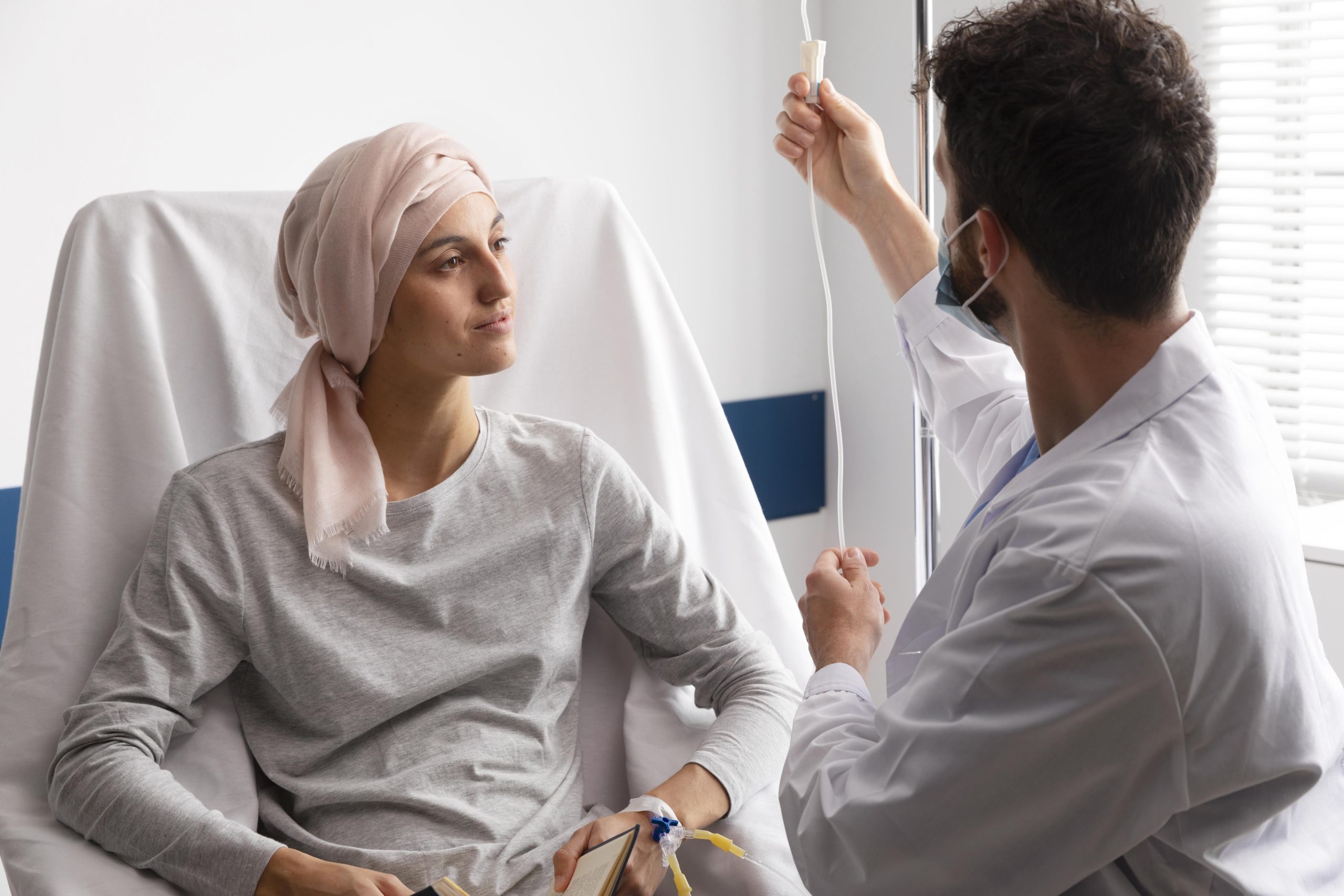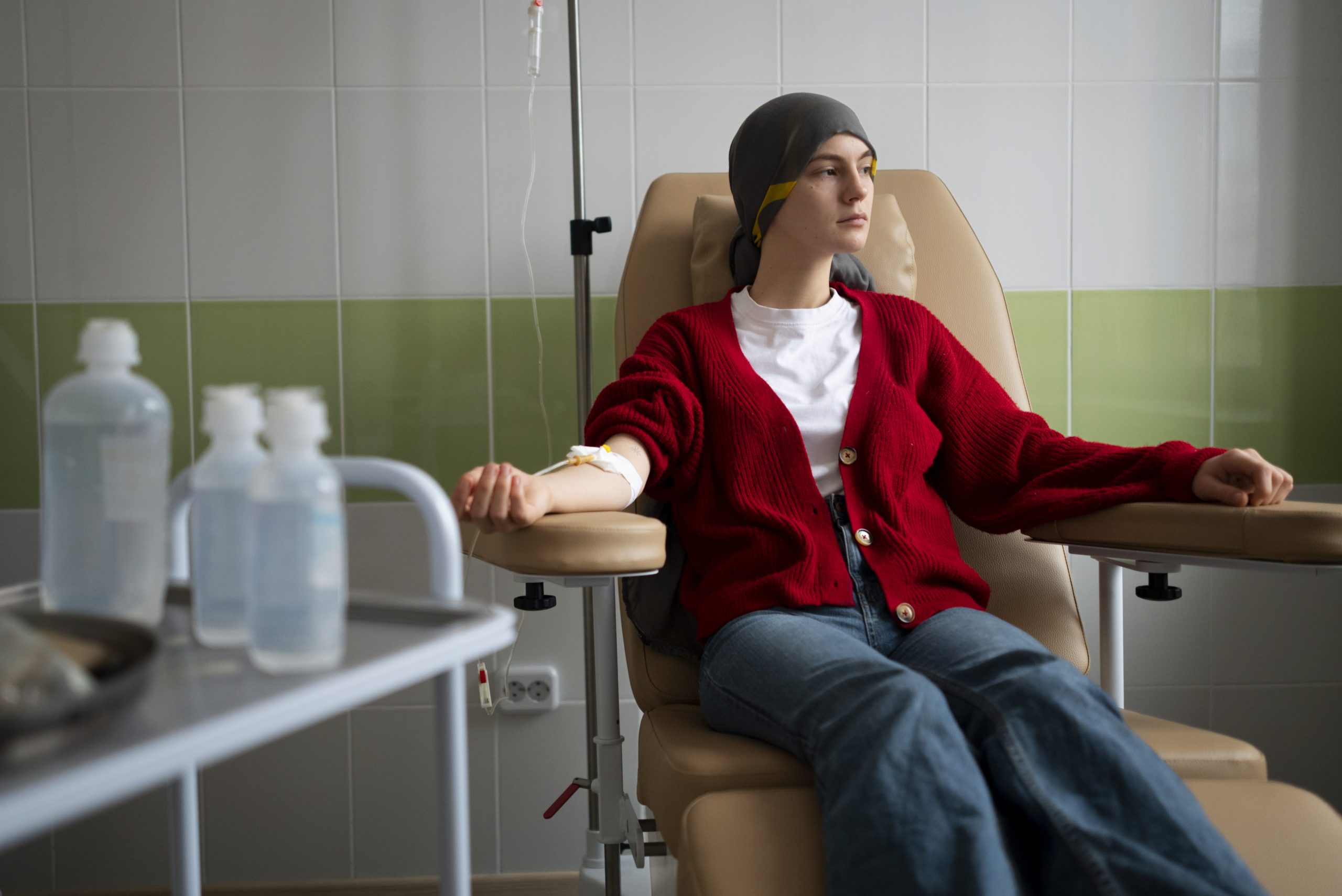Chemotherapy is one of the most common and effective treatments for cancer, used to destroy cancer cells or slow their growth. While it can be a powerful tool in the fight against cancer, chemotherapy also comes with a range of side effects and considerations that patients need to understand. This content will explore what chemotherapy is, how it works, its different types, potential side effects, and the factors influencing its use in cancer treatment.
a thousand unknown plants are noticed by me.
What is Chemotherapy?
Chemotherapy, often referred to simply as “chemo,” is a type of cancer treatment that uses powerful drugs to target and destroy rapidly dividing cancer cells. Unlike surgery or radiation, which are localized treatments, chemotherapy is systemic, meaning it affects the entire body. This systemic nature allows chemotherapy to reach cancer cells that may have spread to other parts of the body, making it an essential tool in treating various types and stages of cancer.

To take a trivial example, which of us ever undertakes laborious physical exercise, except to obtain some advantage from it?
How Does Chemotherapy Work?
Cancer cells typically grow and divide more quickly than normal cells. Chemotherapy drugs work by interfering with this process, either by killing the cells directly, preventing them from dividing, or stopping their spread to other parts of the body. There are many different chemotherapy drugs, and they are often used in combination to increase their effectiveness. The specific mechanism by which chemotherapy works depends on the type of drug used:

Alkylating Agents: These drugs damage the DNA of cancer cells, preventing them from replicating. They are used to treat various cancers, including leukemia, lymphoma, and breast cancer.
Antimetabolites: These drugs interfere with DNA and RNA growth by substituting for the normal building blocks of RNA and DNA. They are particularly effective against cancers of the breast, ovary, and gastrointestinal tract.
Anti-Tumor Antibiotics: Unlike traditional antibiotics, these drugs alter the DNA within cancer cells, preventing them from dividing and growing
Topoisomerase Inhibitors: These drugs interfere with enzymes (topoisomerases) that help separate the strands of DNA so they can be copied. They are used to treat cancers such as leukemia and lung cancer.
Mitotic Inhibitors: These drugs prevent cancer cells from dividing and can be used to treat a variety of cancers, including breast and lung cancers.
Types of Chemotherapy Administration
Chemotherapy can be administered in several ways, depending on the type of cancer, the specific drugs being used, and the patient’s overall health:
Intravenous (IV) Chemotherapy: The most common method, where the drugs are delivered directly into the bloodstream through a vein.
Oral Chemotherapy: Some chemotherapy drugs can be taken in pill or capsule form.
Intramuscular or Subcutaneous Injection: The drugs are injected into a muscle or under the skin.
Intrathecal Chemotherapy: In certain cases, drugs are injected directly into the cerebrospinal fluid, especially if the cancer has spread to the brain or spinal cord.
Intraperitoneal Chemotherapy: Used for cancers in the abdominal cavity, this method delivers the drugs directly into the peritoneal cavity.
Topical Chemotherapy: Applied as a cream for certain skin cancers.
Side Effects of Chemotherapy
While chemotherapy can be highly effective in treating cancer, it can also cause a wide range of side effects. This is because chemotherapy drugs do not differentiate between cancer cells and normal, healthy cells that also divide rapidly, such as those in the hair follicles, digestive tract, and bone marrow. Common side effects include:
Fatigue: One of the most common side effects, often due to the body’s need to repair the damage caused by the drugs.
Nausea and Vomiting: Many chemotherapy drugs irritate the stomach lining, leading to these symptoms, though anti-nausea medications can help.
Hair Loss: Also known as alopecia, this occurs because chemotherapy attacks hair follicles. Hair loss can be partial or complete, depending on the treatment.
Increased Risk of Infections: Chemotherapy can lower the number of white blood cells, weakening the immune system and increasing susceptibility to infections.
Anemia and Bleeding Problems: Due to its effects on bone marrow, chemotherapy can reduce red blood cells and platelets, leading to anemia and an increased risk of bruising and bleeding.
Mouth Sores and Sore Throat: Chemotherapy can cause sores in the mouth and throat, making eating and swallowing painful.
Cognitive Changes: Sometimes referred to as “chemo brain,” these can include memory problems, difficulty concentrating, and mental fog.
Neuropathy: Some chemotherapy drugs can cause nerve damage, leading to numbness, tingling, or pain in the hands and feet.
Digestive Issues: Diarrhea or constipation can occur, depending on how the drugs affect the digestive system
Factors Influencing Chemotherapy Treatment
The decision to use chemotherapy, the type of drugs used, and the treatment plan are influenced by several factors:
Type of Cancer: Different cancers respond differently to chemotherapy. Some types are more sensitive to certain drugs, while others may require a combination of treatments.
Stage of Cancer: Chemotherapy is often used for cancers that have spread beyond their original site (metastatic cancer) or when the goal is to shrink a tumor before surgery or radiation.
Patient’s Health: The overall health of the patient, including factors like age, organ function, and other medical conditions, plays a significant role in determining the appropriate chemotherapy regimen
Treatment Goals: Chemotherapy can be used with curative intent, as adjuvant therapy (to prevent recurrence), neoadjuvant therapy (to shrink tumors before surgery), or palliative care (to relieve symptoms and improve quality of life).
Genetic Factors: Advances in precision medicine have allowed for the tailoring of chemotherapy based on genetic factors, such as the presence of specific mutations in cancer cells, which can predict how well certain drugs will work.
Conclusion
Chemotherapy remains a cornerstone of cancer treatment, with its ability to target cancer cells throughout the body. While it can be a challenging experience due to the side effects, advancements in supportive care have significantly improved the management of these symptoms. Understanding the complexities of chemotherapy, including how it works, its potential side effects, and the factors that guide its use, can empower patients to navigate their treatment journey with greater confidence and hope.
Book an Appointment with the Best Cancer Treatment Doctor in Mohali
Book online appointment with the best cancer treatment Doctors Mohali. Check costs, get second opinion at Mohali, best cancer treatment hospital in Mohali.

